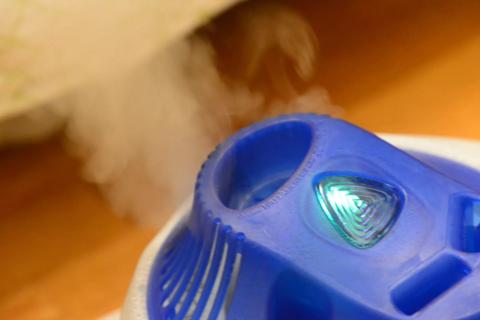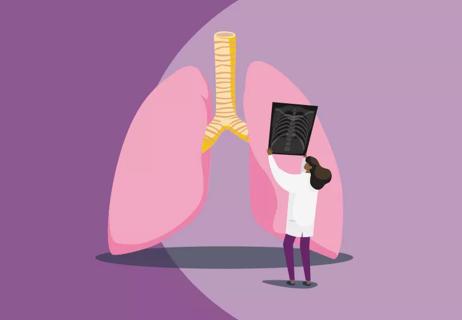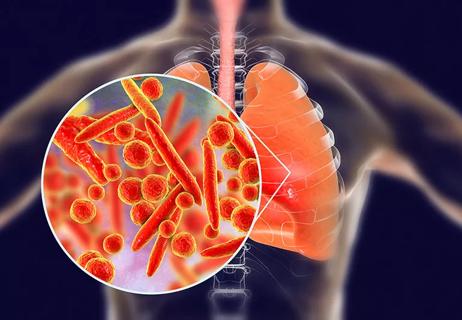Here's when to see a doctor about that persistent cough

You’ve been coughing for days (and nights — so many sleepless nights).
Advertisement
Cleveland Clinic is a non-profit academic medical center. Advertising on our site helps support our mission. We do not endorse non-Cleveland Clinic products or services. Policy
Is it just a cold, bronchitis or something even worse? And should you get checked out or wait it out?
Family physician Donald Ford, MD, gives the lowdown on bronchitis.
Cough, fatigue, a heavy tightness in the chest. It could be bronchitis, pneumonia or just a simple cold. So how can you tell which is which? One thing that sets bronchitis apart is its staying power, says Dr. Ford. “In bronchitis, the cough persists long after you begin to feel better.”
To understand bronchitis, he offers a quick anatomy lesson. The bronchioles are the large airways that extend down into the chest, where they’re capped off with the lungs. Acute bronchitis strikes when the bronchioles become infected (most often by a virus). The airways make mucus in an attempt to shed the viral invaders. That mucus makes you cough your head off.
Even after the virus is gone, though, the lining of the bronchioles remains irritated and inflamed. You’re no longer contagious, even if your barking cough makes coworkers avoid you.
“You’re not sick, but you have these raw, exposed tissues in the airways that are really reactive,” Dr. Ford explains. “Cold air or even just a deep breath can cause a coughing fit.”
Unfortunately, since bronchitis is almost always viral, antibiotics won’t help you get better. But that doesn’t mean you should forego seeing your physician. Doctors can prescribe cough suppressants or other drugs to help you deal with symptoms.
Advertisement
They can also rule out more serious illnesses, like pneumonia. Pneumonia is an infection that occurs deep in the lungs, rather than up in the bronchioles, Dr. Ford explains.
How do you know if it’s time to see a doctor? Ask yourself these questions:
“We can usually tell pretty easily by listening to your lungs if it’s bronchitis or pneumonia,” Dr. Ford adds. But that listening part is important, so this is a case when it’s better to see a doctor IRL instead of an online virtual visit.
No, it’s not fun to drag your sick self to the doctor’s office, but it’s worth the trouble. “It’s never a bother for us to take a listen,” he adds. “Don’t be afraid of coming to see us, because it’s always better to find out you’re fine than to miss something serious.”
Advertisement
Learn more about our editorial process.
Advertisement

7 ways to calm your cough

Tips for protecting yourself from common illnesses

For centuries, people have been drinking mullein tea for respiratory conditions

Understand the symptoms and causes of these respiratory infections

The short answer from an infectious disease specialist

Dry or wet, acute or chronic — it may point to a cause

When to seek medical attention + tips for avoiding it in the first place

When symptoms call for a trip to the doctor

Type 2 diabetes isn’t inevitable with these dietary changes

Applying a hot or cold compress can help with pain